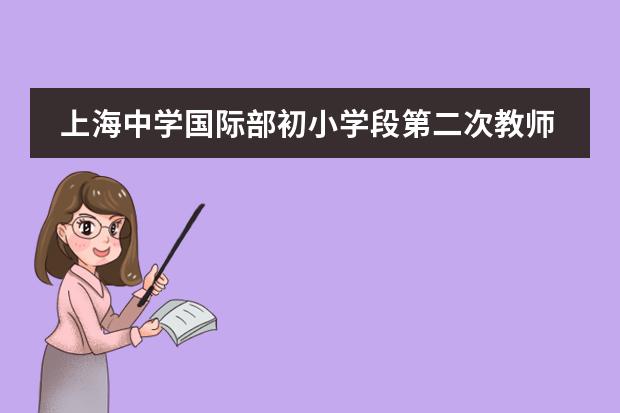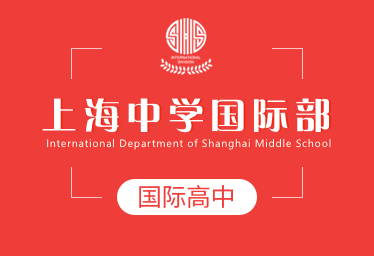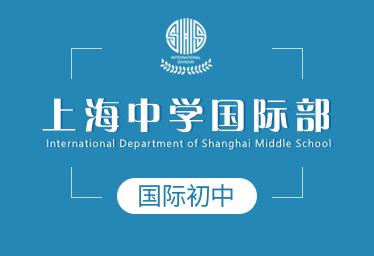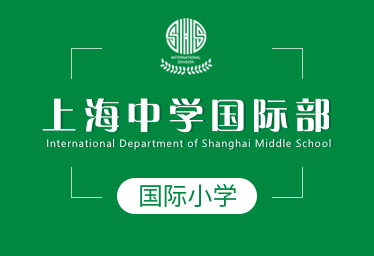上海中学国际部初小学段第二次教师专业发展日活动
来源:国际学校招生网
时间:2023-03-08 10:37:03
今天GJXX小编搜罗了上海中学国际部初小学段第二次教师专业发展日活动希望给择校的家长们提供参考。

教而思之 学而乐之——记国际部初小学段第二次教师专业发展日活动
Reflective Teaching
Contributes to Pleasurable Learning
—Semester’s Second Teacher
Professional Development Day of
the Middle and Primary School Section
“冬至一阳生,蜡梅迎风来。”2021年12月22日——冬至翌日,国际部初小学段迎来了本学期第二次教师专业发展日活动。
上午九时,上海学习素养课程研究所所长、市教科院普教所副所长夏雪梅博士准时开讲。夏博士围绕着教师在项目化学习设计与实施的几个常见的困惑,即:“项目化学习”和“项目”的异同是什么?项目化学习的设计理念与实现手段是什么?如何融合课内必须完成的知识教学?如何实施过程性评价?......层层掀开了项目化学习的面纱。她在演讲中提出,作为一种基于驱动性问题的探究式学习,项目化学习强调对概念性知识的深度理解从而创造新知识,在做事中形成高阶思维,引发跨情境的学习能力、素养的迁移,以难携易。在问答环节中,老师们结合自己教学中的PBL实践和夏博士展开了热烈的讨论,对项目化学习有了更深的认识和理解。正如主持人教师中心主任倪敏学老师所言,讲座让老师们如醍醐灌顶,豁然开朗。
The balmy winter solstice and blooming wintersweet ushered in this semester’s second teacher professional development (PD) day events at the Middle and Primary School Section, taking place this Wednesday, December 22, 2021.
The first PD day event kicked off in the morning at 9 o’clock. Dr. Xia Xuemei, director of Shanghai Research Institute of Competency and Curriculum (SRICC) and deputy director of Institute of General Education, Shanghai Academy of Education Sciences, were invited to give a lecture under the theme of Project-based Learning(PBL). Dr. Xia focused on the most common problems teachers would encounter as they design and implement PBL, namely, What are the similarities and differences between PBL and Projects? What is the design concept and steps in a PBL project? How to integrate content knowledge required in the curriculum? How does assessment work in PBL? Dr. Xia went deeper and shared her insights about how PBL was applied in classrooms. Framed around a meaningful real-life problem, project-based learning is a dynamic approach that underlines students’ clear understanding of conceptual knowledge to induce new gains. Students learn and develop high-order thinking skills by what they do, which unleashed their abilities to transfer learning into new contexts. The following Q&A session with Dr. Xia helped address many of our teachers’ concerns and challenges in their previous and ongoing PBL practices. As the host Mr. Ni Minxue, director of teaching affairs center, concluded, the lecture on PBL and the later discussion with Dr. Xia enlightened the teachers present, and with a deeper understanding of PBL in mind, our teachers feel more supported in their future teaching.
短暂休息后,主持人通过三道填空题,轻松幽默地引出了第二场的培训主题:本学期展示课(Demo Lesson)总结分享会。小学段陈曦老师分享了自己在展示课上把自然界和生活中的声音带入了课堂,“声”动有趣地引导学生学会了拟声和拟人。“以读带写”的整书阅读方式,让小朋友爱上阅读、爱上写作。小学数学组沈婧枫老师展示了她是如何带领学生在数学嘉年华的乐园里前往不同的站点探索难题,化解数学概率的难题。初中数学组顾玉婷老师分享了她在数学课堂设立小型市场,买家同学和卖家同学在沉浸式学习和思辨中探究数学模型。
After a short break, Mr. Ni enlivened the audience with three fill-in-the-blank questions and introduced today’s second event—Fall Semester’s Demo Lesson Sharing. First, Ms. Chen Xi from the primary school section detailed the effective attempts on teaching writing. In her demo lesson, she tried to bring into the classroom various sounds in nature and daily life. Students were motivated to use onomatopoeia and personification to describe the sounds and write creative pieces. Primary school teachers also helped students overcome the fear of writing by launching “reading whole books” activities, since reading widely informs and eases how writing should be done. Ms. Shen Jingfeng, primary school math teacher, turned her class on probability into a math carnival with different stations, where students discussed and figured out solutions to real-life problems. In Ms. Gu Yuting’s math class, middle school students became buyers and sellers in a market set in the classroom. They actively engaged in the mathematical models through immersive learning and critical thinking. Ms. Alyssa Chappin, Ms Kristen Portilo and Ms. Katie Crips also offered some best practices and tips in English and History classes through the videos.
培养“独立自主的学习者”和“负责任的世界公民”是国际部初小段的教育理念。下午的论坛由初中学段主任沈天圆老师主持。
围绕着“‘独立自主学习者’培养目标在课堂教学中的实践”这一主题进行了分享。吴垠老师代表小学段的教学实践。她从专业提升、日常教学、家校同频三个维度展示了如何在小学培养自主学习者,教学的艺术不在于传授本领,而善于鼓励、唤醒和鼓舞。生物组姚昇华老师代表初中段总结了她秉持“温暖的教育”和“专业的教学”的信念,运用“倾听、引导、教导”这三大法宝,引导和培养初中段学生逐步成为独立学习者的经验。
Returning to the core values embraced by the middle and primary school section—“cultivating independent learners” and “responsible global citizens,” the afternoon forum, hosted by Mr. Shen Tianyuan, director of grades 6-8, dealt with teaching practices and reflections on so far this semester to cultivate independent learners. From three dimensions—teachers’ professional development, daily teaching, and home-school cooperation, Ms. Wu Yin gave an in-depth review of how primary school teachers promote independent learning. She mentioned that long past are the times when it is enough to teach content. Great teachers do not “teach,” they seek ways to encourage, awaken, and inspire students. On behalf of the middle school section, biology teacher Ms. Yao Shenghua summed up the standards she set for herself as “Warmth in Education” and “Professionalism in Teaching.” She put forward rigorous guidelines and practices of helping students gradually become more independent learners, where listening, guiding, and teaching matter most over the course.
初小段刘炼校长在总结发言中感谢了所有初小段教师的努力和贡献,并以《First Things First》一书为例,启发教师去思考这样一个问题:在教育中何为“第一要事”?
“教而思之,学而乐之”——教育之路漫漫,初小学段的所有老师孜孜以求、乐此不疲!
In his concluding remarks, Mr. Liu Lian, middle and primary school principal, expressed gratitude to all the teachers for experimenting with different methods and new ideas in classrooms. He shared a book he read several years ago called First Things First, and left a question for all of us as educators: What is the urgent “first thing” when it comes to education?
We firmly believe that reflecting on teaching will make learning more engaging and fun for students. Long and winding as the road to education are, the most rewarding things about teaching agreed by all the teachers of the middle and primary school section are that they can always learn new stuff and relish students’ progress.
文|戴陈丹琦,黄诗媛
图|徐菁
审稿|初小教师中心
Written by|Dai Chen Danqi, Huang Shiyuan
Pictures by|Ginger
Edited by|MPTC
免责声明:文章内容来自网络,如有侵权请及时联系删除。
上一篇:上海中学国际部2023年招生概况
下一篇:招生情况汇总:上海中学国际部






